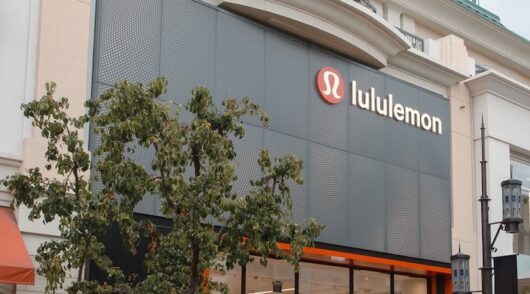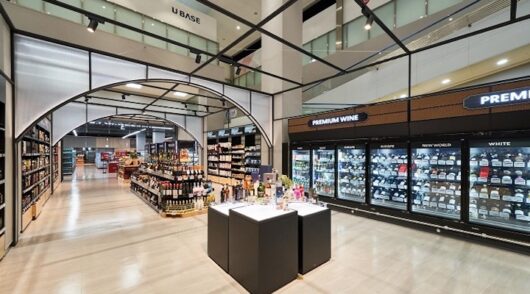The China-US trade war and an unseasonably warm winter have been blamed for Giordano sales falling 11 per cent in the first half of the year.
Profit for the Hong Kong-headquartered apparel retailer was impacted even more, dropping 36.6 per cent to HK$161 million (US$20.5 million) on revenue of $2.542 billion ($324 million).
By market, sales in Mainland China fell 22 per cent, in Hong Kong and Macau by 11.9 per cent and in Taiwan by 15.2 per cent.
Giordano sales in the rest of Asia-Pacific – its largest single market accounting for 31.8 per cent of revenue – were down a lighter 3.7 per cent, with performances by country mixed.
Indonesia stood out with an overall same-store growth of 2.8 per cent for both Giordano and non-Giordano brands, and with operating profit increasing by 6 per cent. Thailand continued to achieve stable growth, with operating profit advancing by 9.1 per cent, attributable mainly to sales growth and improvement of gross margin by 1.5 percentage points from 63.7% per cent to 65.2 per cent, the company reported.
Sales in Singapore and Malaysia declined by 13 per cent and 8.4 per cent, respectively, due to weak consumer sentiment and slow economic growth.
In Mainland China, promotional activities were intensified to curtail falling sales and clear slow-moving stock, resulting in a 1.4 percentage-point decrease in gross profit margin.
Chairman and CEO Peter Lau said a series of marketing programs and smart promotional activities have been launched to “galvanise customer traffic”. On the mainland, Giordano is focusing on developing its franchise business, opening 24 new stores in the first half.
The Middle East business stabilised and rebounded, with operating profit improving by 36 per cent.
South Korea (a 48.5-per-cent joint venture under an independent management team) reported a slight decrease in sales, while its gross profit was almost flat. Net profit declined due primarily to increased marketing and logistics expenses.
In terms of the company’s outlook, Lau said the trade war is “taking its toll” on consumer sentiment.
“In addition, Hong Kong’s weakening retail sector continues to be exacerbated by social unrest. The global economic environment is becoming more uncertain, with signs of economic slowdown in many different parts of the world.
“Singapore is proving challenging, although management has already taken steps to shake up the local management team and remains confident that the business can be improved. Malaysia and Taiwan failed to meet expectations in the first half, although the local teams have stabilised their businesses and are showing signs of turnaround through effective cost control and improved product mix and localised campaigns.
“Our Middle East business is showing positive signs of recovery while our Southeast Asian markets, in particular Indonesia and Thailand, have performed positively and will continue its momentum into the second half of 2019.”
Lau said the company’s initiative to develop local e-commerce businesses within its existing markets will also continue, in order to offer customers a more comprehensive shopping experience and serve a wider local customer base.
“This will require resilience and determination in the face of growing competition in this online domain, but we have sowed the seeds and will continue to pursue the opportunities that lie in this realm.
“That being said, cost pressures remain within the industry as a result of increasing production costs in a number of traditional manufacturing hubs in the region, as well as increasing costs of front-line shop staff in a number of the markets we operate,” concluded Lau.






